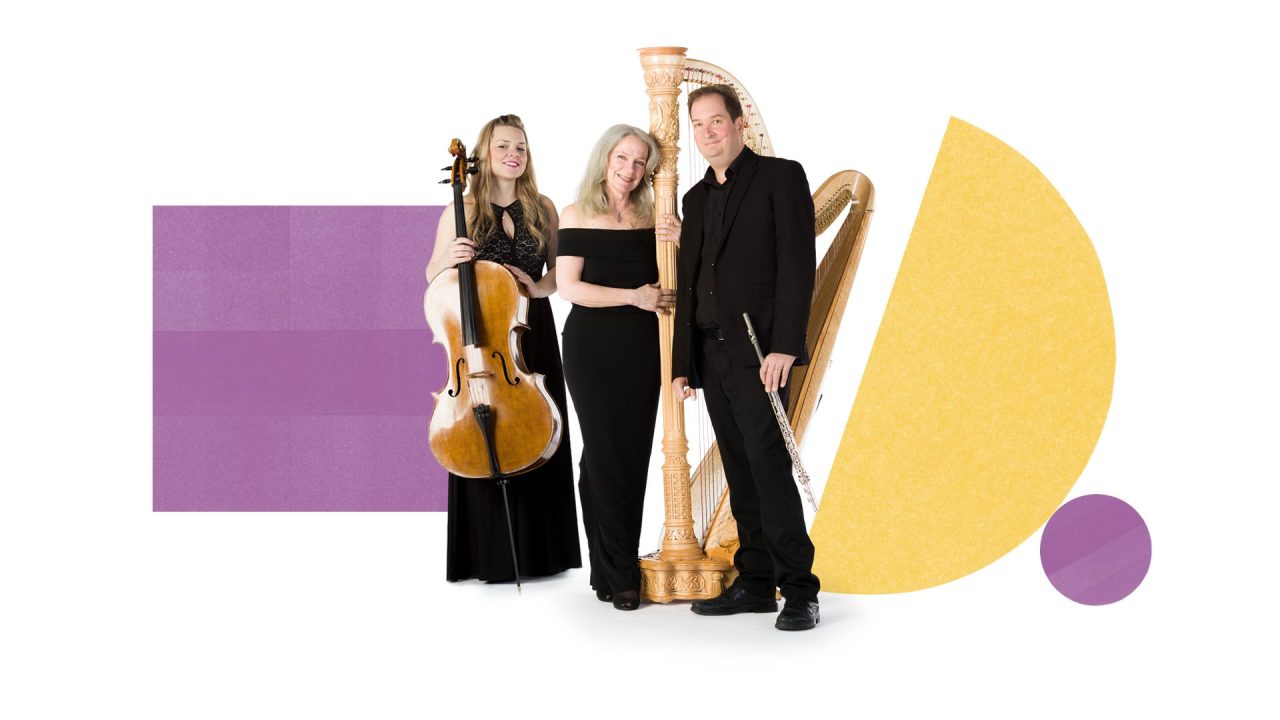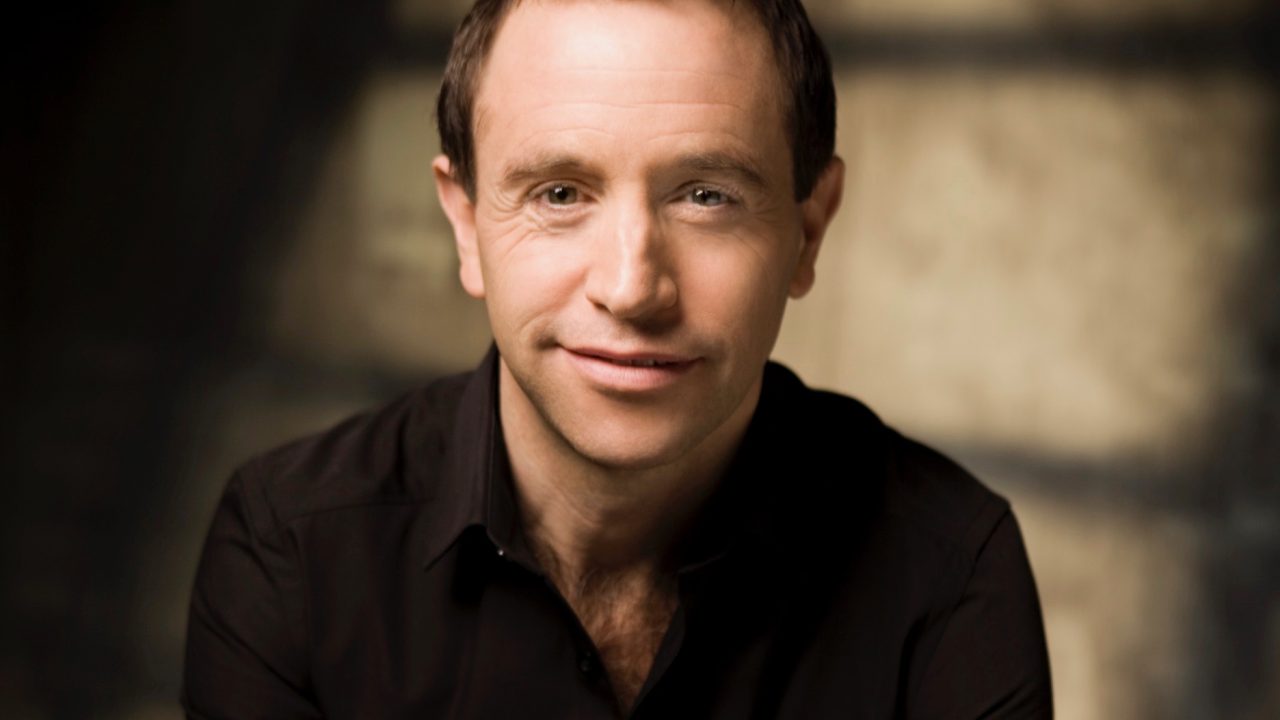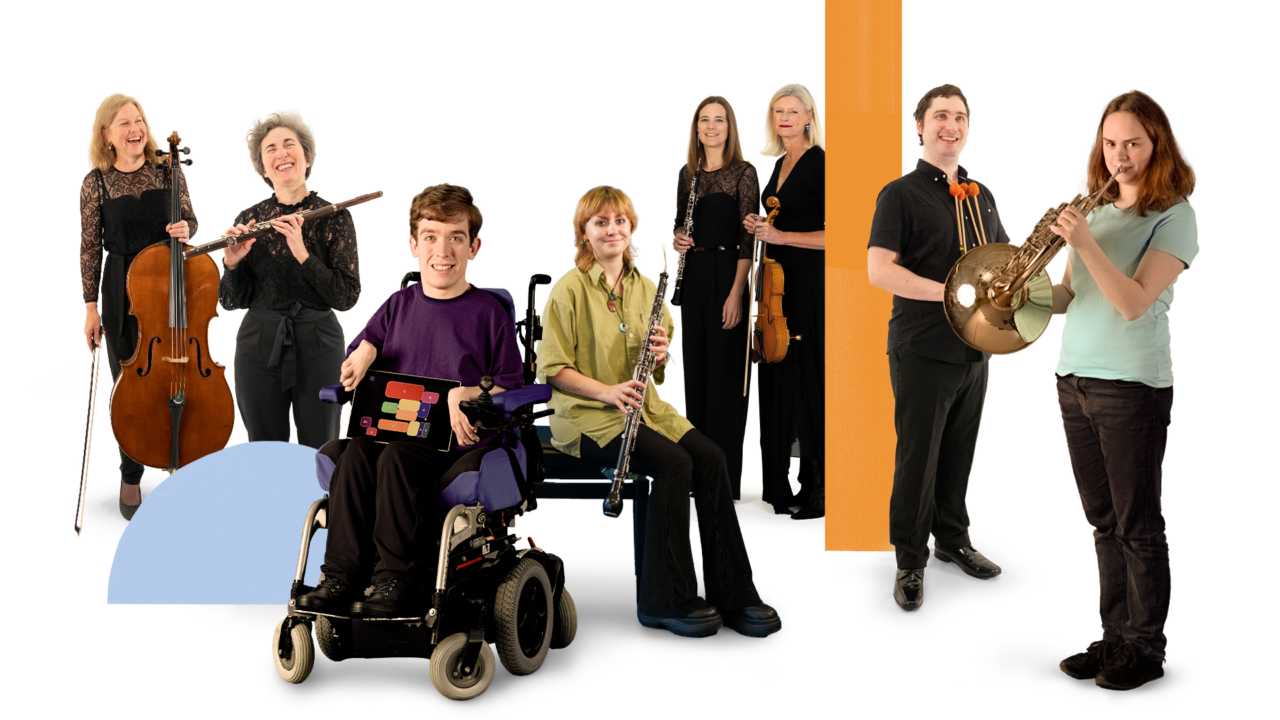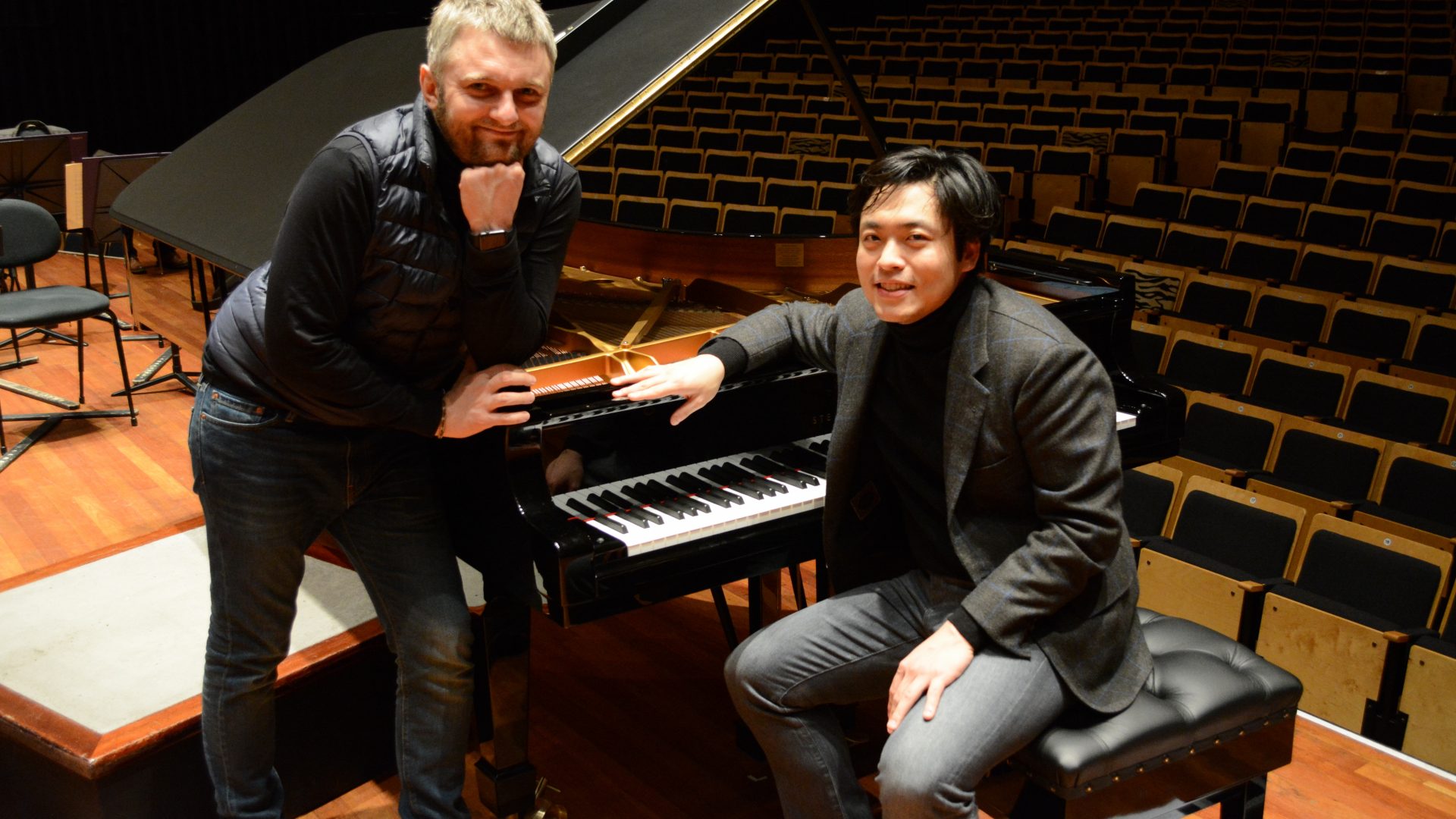World-renowned pianist and conductor Sunwook Kim is a firm friend of the BSO and popular with so many of you. He famously won the Leeds International Piano Competition at the age of 18 in 2006, making him the youngest winner of the prize in 40 years. Sunwook is equally enthralling on the podium, as we were thrilled to see last year when he joined us for his European conducting debut. After 16 busy years in the spotlight, we caught up withhim ahead of his return this season.
You’re busy with performances across the globe, but we can’t wait to welcome you back to the South West in early 2023. How does it feel to be returning to the BSO?
It’s now more than 11 years since my first visit to Poole and I remember it so clearly. I performed Chopin’s Second Concerto with Kirill and the Orchestra. At that point I never knew I’d return so frequently — I was living in London at that time and studying conducting at the Royal Academy of Music. As a musician, sometimes it feels as though where you live isn’t actually that relevant, as you travel so much (I’m home for just three or four days this month). When you visit a place that gives such musical comfort it becomes really important, and I’ve felt that since those early days with the BSO — it goes beyond simply speaking the same ‘musical language’.
When I gave my conducting debut with the BSO last season, it felt like a huge advantage, having previously performed so many times together. We instinctively understand how far to push things, and it’s such a special and unique relationship to have. We’ll be presenting Bartók’s Second Piano Concerto soon… it’s fiendishly difficult for both pianist and orchestra, but I can’t wait to work together in conveying the essence of it and experience that live energy!
You’re only in your mid-30s, but your discography is impressive, with acclaimed recordings of Beethoven, Brahms, and Franck, to name a few. How does it feel to have recorded all of these monumental works?
Throughout my 20s I was really focused on those German works. I was still interested in other repertoire, particularly French and Russian pieces, but I especially wanted to record Beethoven and Brahms. I had my own ideas for that music and felt I needed to tackle those before anything else. I had that confidence and I don’t regret it. I released a disc each year for consecutive years — it was a busy time. I’m not in such a hurry to release anything at the moment; I’m waiting for the right time!
“I always feel such incredible warmth and energy from the BSO audience, it makes me want to give 300% effort!”
You had a unique experience working with the Beethoven-Haus museum in Bonn. Did that deepen your love of Beethoven’s music further?
Yes, I’d taken part in a masterclass with Sir András Schiff, who suggested they select me for the mentoring scheme. I had access to handwritten materials and was able to analyse Beethoven’s letters and work with the musicologist there. It really helped me to understand what it all meant. I believe I’m the only one to have had this experience – it was so valuable. For me, Beethoven’s music goes far beyond entertainment. It has everything. There is a lot of struggling and pain but silver linings too.
Whenever I play Beethoven, I consider the first note a birth and the last note the end of life and reincarnation once more. It’s hard not to feel captivated by his music — the structure, the complex harmonic language, the inner contemplation — it’s almost transcendental. Mahler famously said that a symphony must be like the world; it must contain everything. For me, Beethoven’s symphonies are like the universe… and more!
Reflecting back to the start of your career, what do you remember from that pivotal moment you won the Leeds International Piano Competition?
I often think back to that time and I’m still in touch with Sir Mark Elder, and with pianist Denis Kozhukhin, who came third in 2006. He’s such a great player, and I was convinced he’d win! Dame Fanny Waterman had such a huge impact on my life. Her spirituality about music made a deep impression on me. She was an incredible character and we kept in touch — she’d follow my performances close to Leeds and would come along. I’m still sad that she’s no longer around. The competition was a huge stepping stone and opened so many doors for me, it changed everything.
You’re based in Munich these days. What do you do when you have some rare time away from music?
The routine of studying every day is what I enjoy most and it helps me relax too. I like to practise for three hours and then study conducting scores for a further three to four hours each day. When I’m travelling, focusing in on the music really helps me to escape the hustle and bustle of everyday life. Now that I’m in my 30s being devoted to the music, 24 hours a day, is my priority more than ever!
Sunwook Kim performs Bartók’s Second Piano Concerto in Poole [1 Feb], Exeter [2 Feb] and Basingstoke [3 Feb], before returning to conduct in Poole [15 Feb] and Exeter [16 Feb].
If you would like to enjoy more behind-the-scenes insights into the musicians and artists who help bring our music to life, then join us as a member today from just £5 a month. Find out more here.





